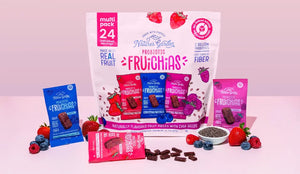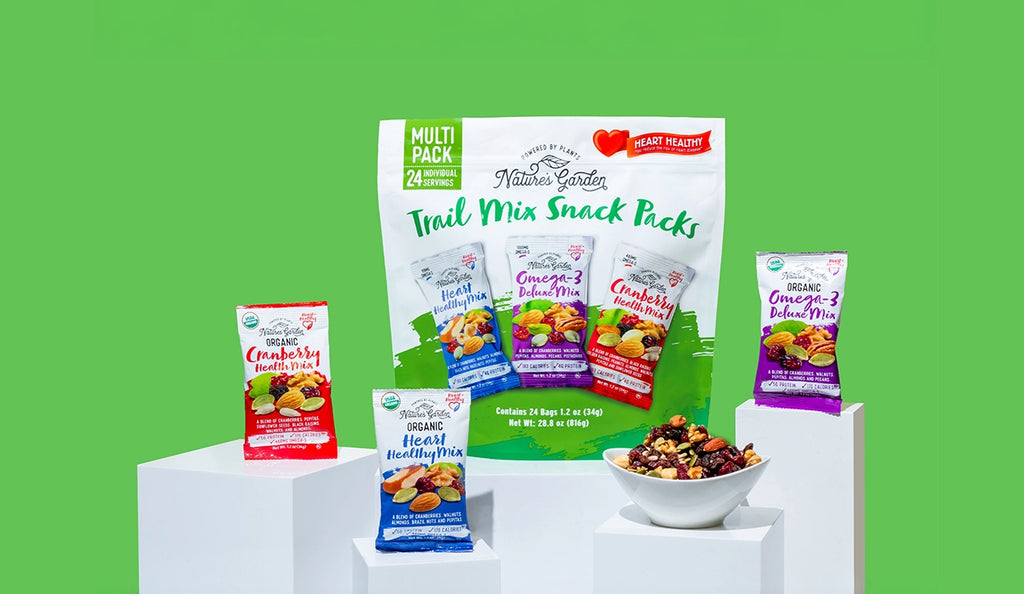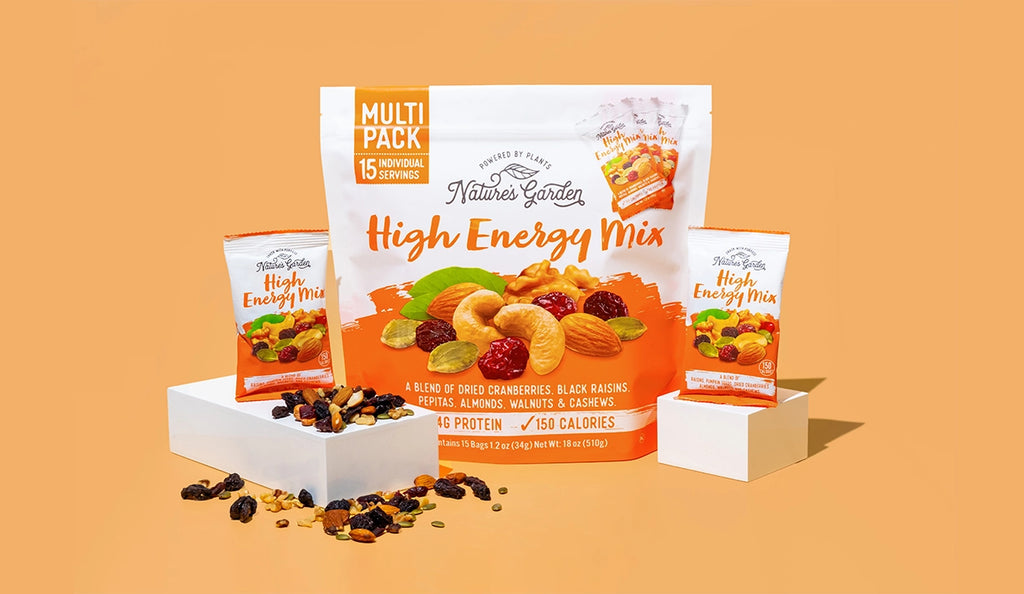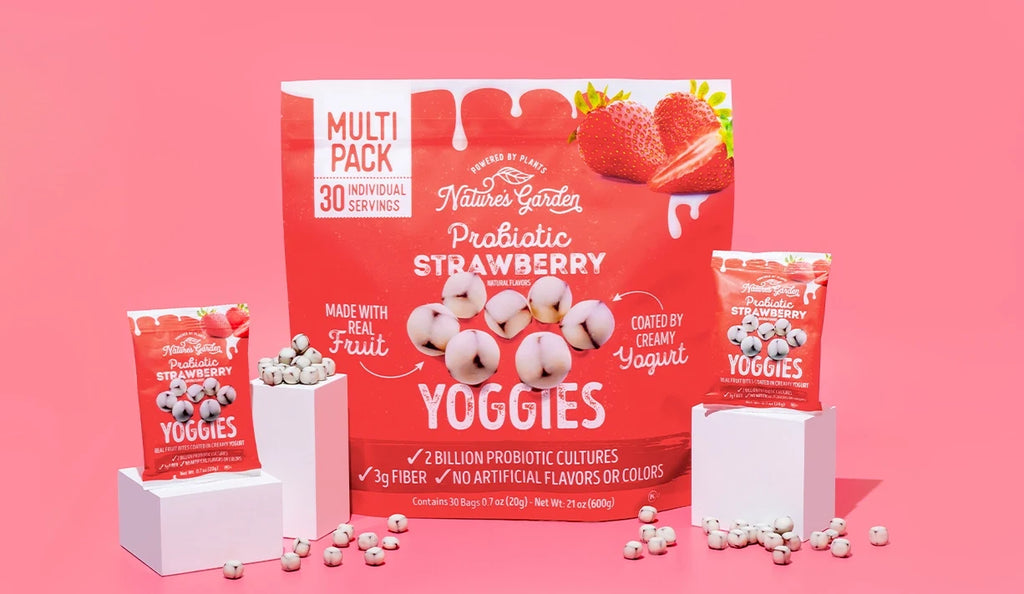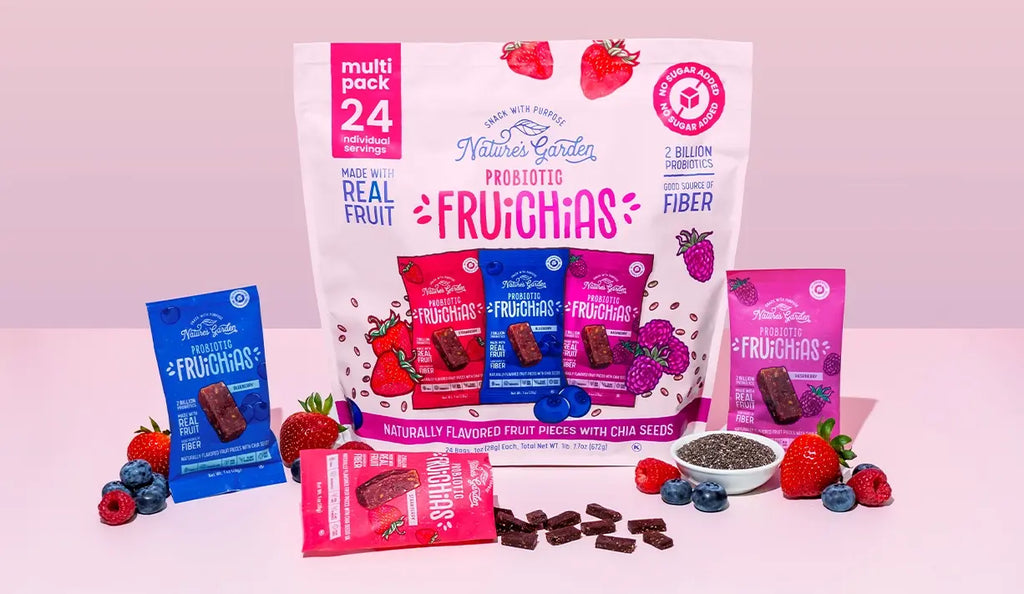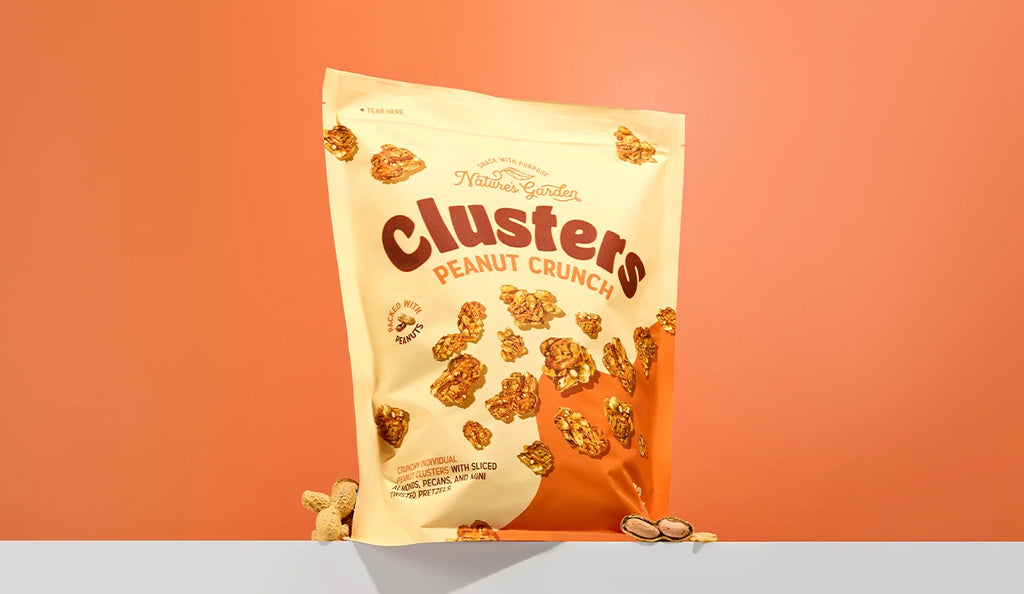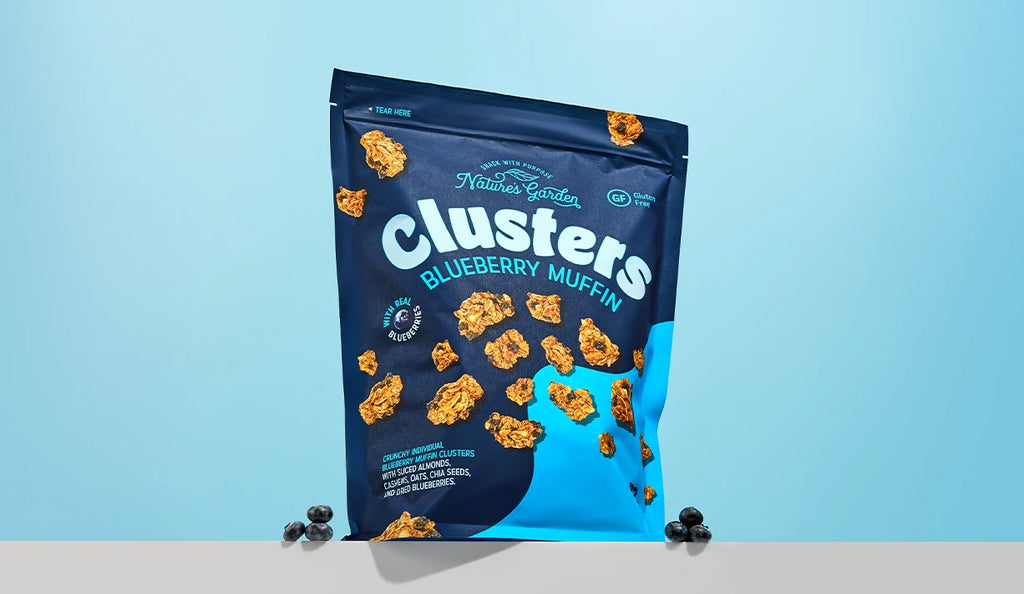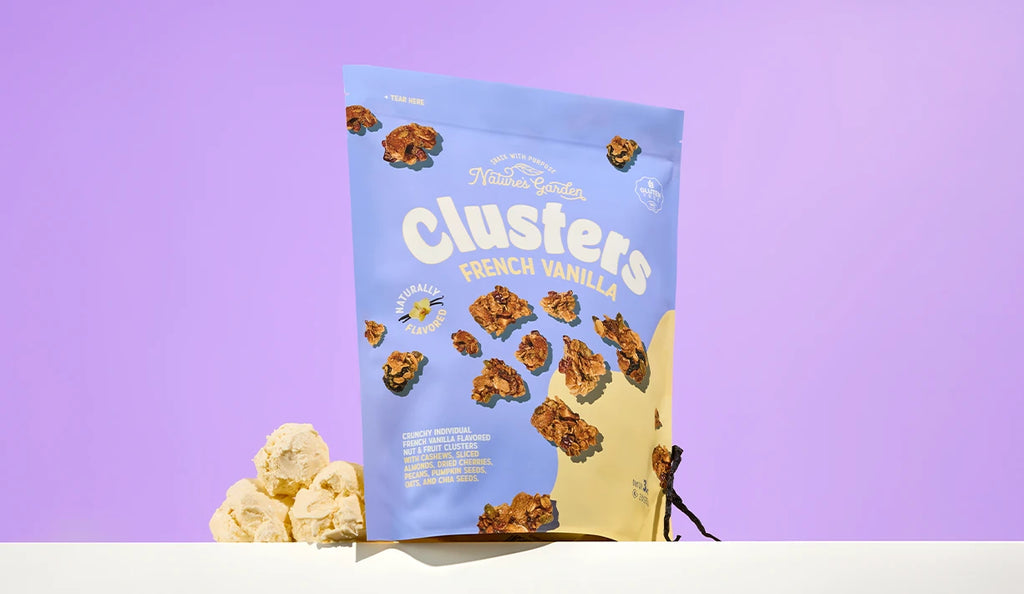You've got your water bottle, running shoes, and adrenaline-pumping playlist. Now, it’s time to fuel your body so it can train strong and recover efficiently. Exercise snacking is a fine art, however.
This guide explains the best macronutrients to incorporate into your preworkout and after-exercise snacks and how to time them for optimal benefits. We've also curated snack suggestions that give you the energy to run, cycle, and lift your way to your fitness goals.
The Basics of Workout Nutrition
A balanced diet is important for overall wellness, but fitness snacks give your body quality fuel for performance and recovery. You get an infusion of energy if you eat before you exercise, which helps you push harder on the treadmill or hold your plank for longer. When you've crushed your workout, an after-exercise snack delivers nutrients to restore your vitality and rebuild your hard-working muscles.
You need a variety of nutrients to perform at your best, but carbohydrates, protein, and electrolytes are the heavy hitters when you're exercising.
Carbohydrates
Foods containing carbohydrates are your body's primary energy source, including fruits, vegetables, and whole grains. The carbohydrates are turned into glucose as they're digested, giving you immediate energy. Glucose that's not used right away is stored in your liver and muscles as glycogen.
During moderate or high-intensity workouts, your body uses glucose from your bloodstream and glycogen stores from your muscles. The harder you exercise, the more glycogen your muscles need to move. Including carbohydrates in your exercise snacks helps you increase glycogen levels.
Proteins
Because your muscles work so hard during exercise, they sustain tiny tears. Protein snacks or powders play a big role in recovery, delivering amino acids that support muscle repair and growth. Protein can also help restore glycogen levels more quickly, especially when combined with carbohydrates. Protein is found in meat, fish, eggs, dairy, and nuts.
Electrolytes
Electrolytes are minerals such as calcium, magnesium, phosphorus, sodium, and potassium. They help balance salt and fluid levels and regulate heart, muscle and nerve function. Because you lose electrolytes when you sweat, it's important to restore them with an after-exercise snack. Many people reach for a sports drink, but foods such as dried apricots, raisins, almonds, pumpkin seeds, and chia seeds are also rich in electrolytes.
Pre-Workout Fuel: Timing and Snack Ideas
A small snack before you exercise can help you optimize your workout, keeping you strong and energized. Carbohydrates, combined with some protein, are the ideal combination for powering up. Aim for easy-to-digest foods that can be quickly turned into energy.
When to Eat Before Exercise
Time your pre-exercise snack so your body isn't metabolizing food at the same time you're hopping on the elliptical or the yoga mat. A small snack about an hour before your session should provide adequate energy.
For more intense or competitive exercise, consider a well-balanced meal 2-3 hours in advance to avoid any gastrointestinal discomfort.
Pre-Exercise Snack Ideas
It's easier to reach for healthy snacks if you enjoy what you're eating. Stock up on your favorite foods so you can power up when you're ready to hit the gym. Here are some tasty choices packed with macronutrients:
- Fresh fruit and nut pairings that change with the seasons
- Creamy Greek yogurt topped with fresh or frozen berries
- Sliced apples with nut butter
- Homemade trail mix with nuts, seeds, and dried fruit
- Warm oatmeal, raisins, and a splash of milk
- Cottage cheese with fruit, almonds, and honey
- Pretzels with a pack of Nature's Garden Probiotic Fruchias
- Whole grain crackers and a handful of Nature's Garden Probiotic Yoggies
Rejuvenate With After-Exercise Snacks
Help your body recover after exercising. Reach for carbohydrates to replenish your glycogen stores and protein to rebuild muscle tissue. Pistachios, almonds, and other mineral-rich nuts can also provide important electrolytes.
When to Eat After Exercising
Aim to have some protein and carbohydrates within an hour or 2 of exercise to get your energy back up and support your recovery. You should also take in important macronutrients throughout your day, since it can take up to 20 hours to replenish glycogen stores with a typical balanced diet. Unless you're a competitive athlete training more than once a day, this is considered adequate.
Ideas for Post-Exercise Snacks
When you're tired and hungry after laps at the pool or a grueling gym session, making healthy choices can be hard. Plan ahead and have a post-workout snack waiting in your fridge or pantry. You can also keep ready-made snacks in your bag — just be sure to read the nutrition label so you know what you're eating.
Here are satisfying post-exercise snacks to help you recover:
- Greek yogurt parfait with fruit and granola
- Trail mix with dried fruit, such as apricots, cranberries, mango, and berries
- Chewy pita paired with creamy hummus
- Smoothies made with good-for-you ingredients, such as fruit, milk, nut butter, oats, and cashews
- Crackers with tuna
- A bowl of cereal and almond milk
Maximizing Your Fitness Nutrition
Ready for your next workout? Before you lace up your running shoes, here are a few final tips for making the most of your exercise snacks.
- Stay hydrated by sipping on water before, during, and after your workout.
- Choose easily digestible snacks over high-fat or high-fiber food for a more comfortable workout.
- Plan ahead to avoid grabbing salt or sugar-laden snacks.
- Listen to your body and adjust the timing, type, or size of your snack as needed.
Snack purposefully and give your body the energy it needs when you're exercising. Tempt your taste buds with Nature's Garden's delicious and healthy fruit snacks, trail mixes, and nuts.
